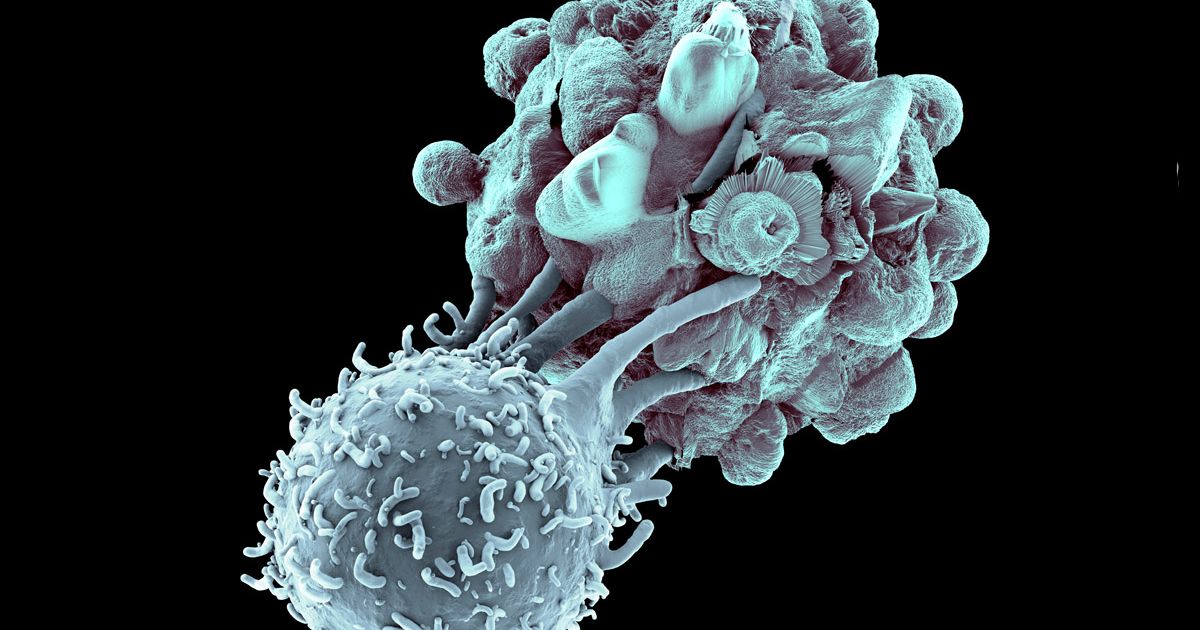Inhibition of Cytosolic TXN reductase 1, A Novel Anti-Cancer Strategy
Cancer cells adapt to their inherently increased oxidative stress through activation of the glutathione (GSH) and thioredoxin (TXN) systems. Inhibition of both of these systems effectively kills cancer cells, but such broad inhibition of antioxidant activity also kills normal cells, which is highly unwanted in a clinical setting.
Therefore, scientists at the Karolinska Institutet targeted TXN pathway and selectively inhibited the cytosolic selenocysteine-containing enzyme TXN reductase 1 (TXNRD1).
Humans need the chemical element selenium for good health. The selenium-containing enzyme thioredoxin reductase 1 (TrxR1) can be used to support the growth of various cells and to protect them from harmful forms of oxygen radicals, known as oxidative stress. Selenium intake has long been a topic of discussion in connection with cancer, although results have proved inconclusive and the correlation between selenium intake and cancer growth is extremely complex.
The team identified highly specific inhibitors of the selenium-containing TXN reductase 1 (TXNRD1) and found that these molecules, when experimented on on animnal models, had rapid tumoricidal effects.
In the course of the study, the researchers analysed close to 400,000 different molecules in the search for new and more specific TrxR1 inhibitors
than those previously available. They were eventually zero-in on three such molecules and sure enough, when tested, found them to be as active as cancer medicines.Furthermore, the researchers observed how in addition to possessing rapid tumoricidal effects when treating head and neck or breast cancers in mice, these molecules also did not induce obvious side-effects. The new molecules have yet to be tested on humans, but it is already known that several different cancer medicines currently in use, including cisplatin and melfalan, inhibit TrxR1.
“This effectiveness against cancer may be a result of cancer cells’ seemingly greater sensitivity to oxidative stress when compared to normal cells, which in turn can be utilised in cancer therapy,” says Professor Elias Arnér, Department of Medical Biochemistry and Biophysics at Karolinska Institutet, who led the study.
The team now intends to further develop the new TrxR1 inhibitors to offer a new form of cancer therapy.
“My hope is that we will be able to develop new treatments, effective against multiple forms of cancer but with few side-effects. This seems to work in mouse models and we are therefore hopeful that this principle for treatment can be developed for humans, even if this will require many years of further research,” says Elias Arnér.






























